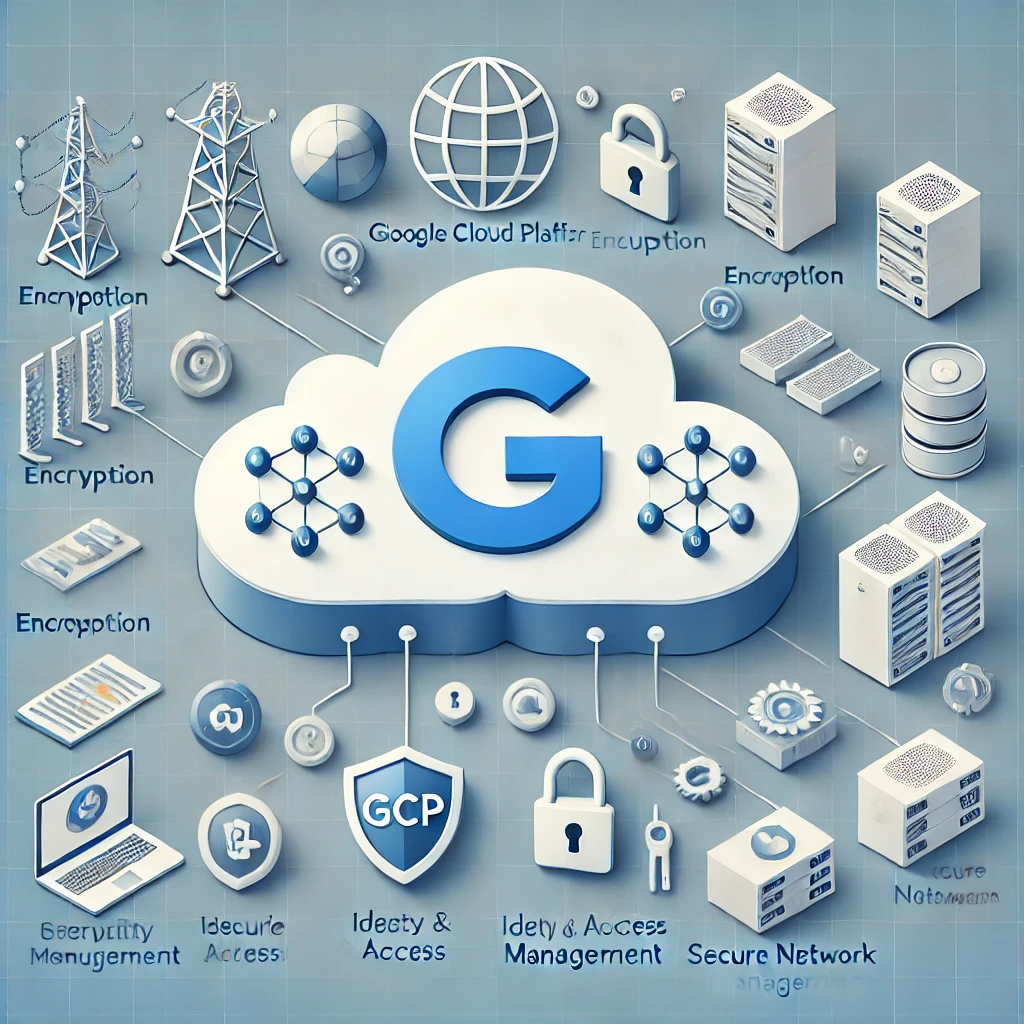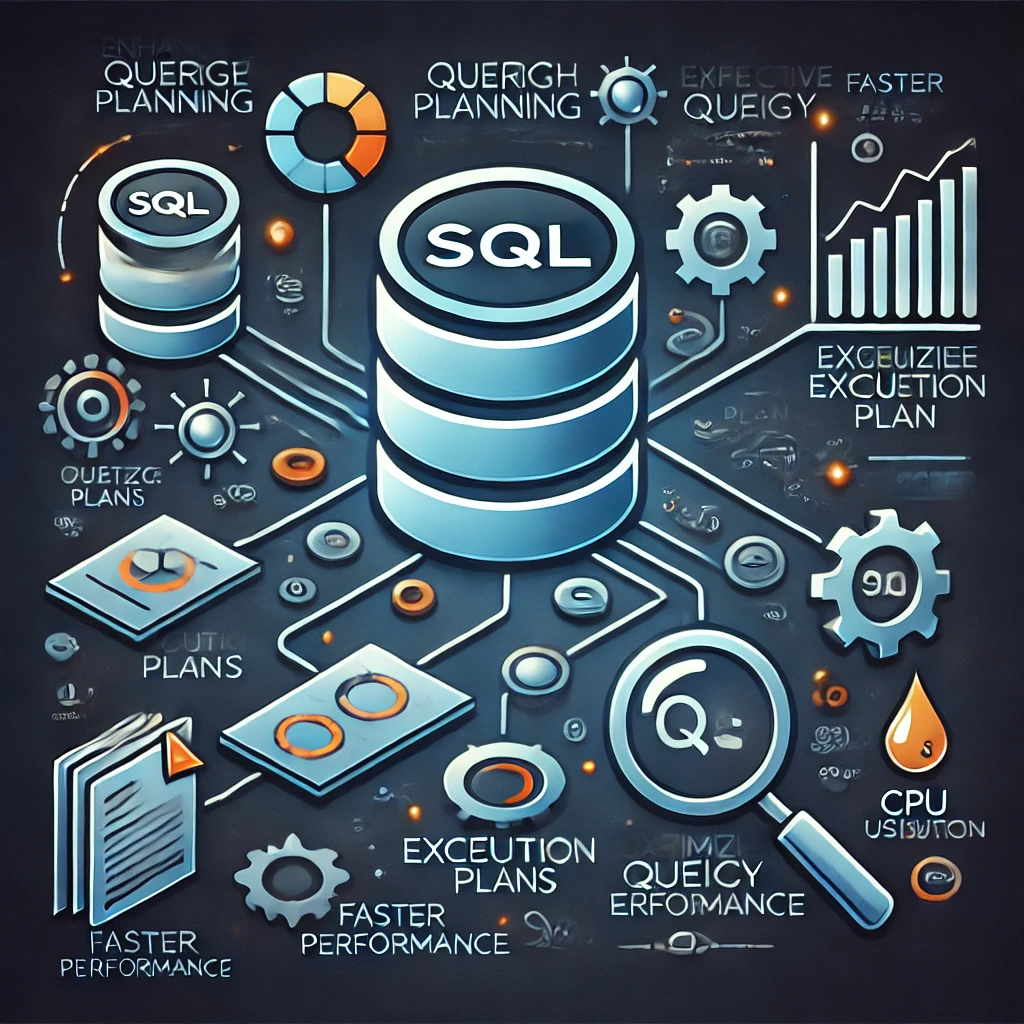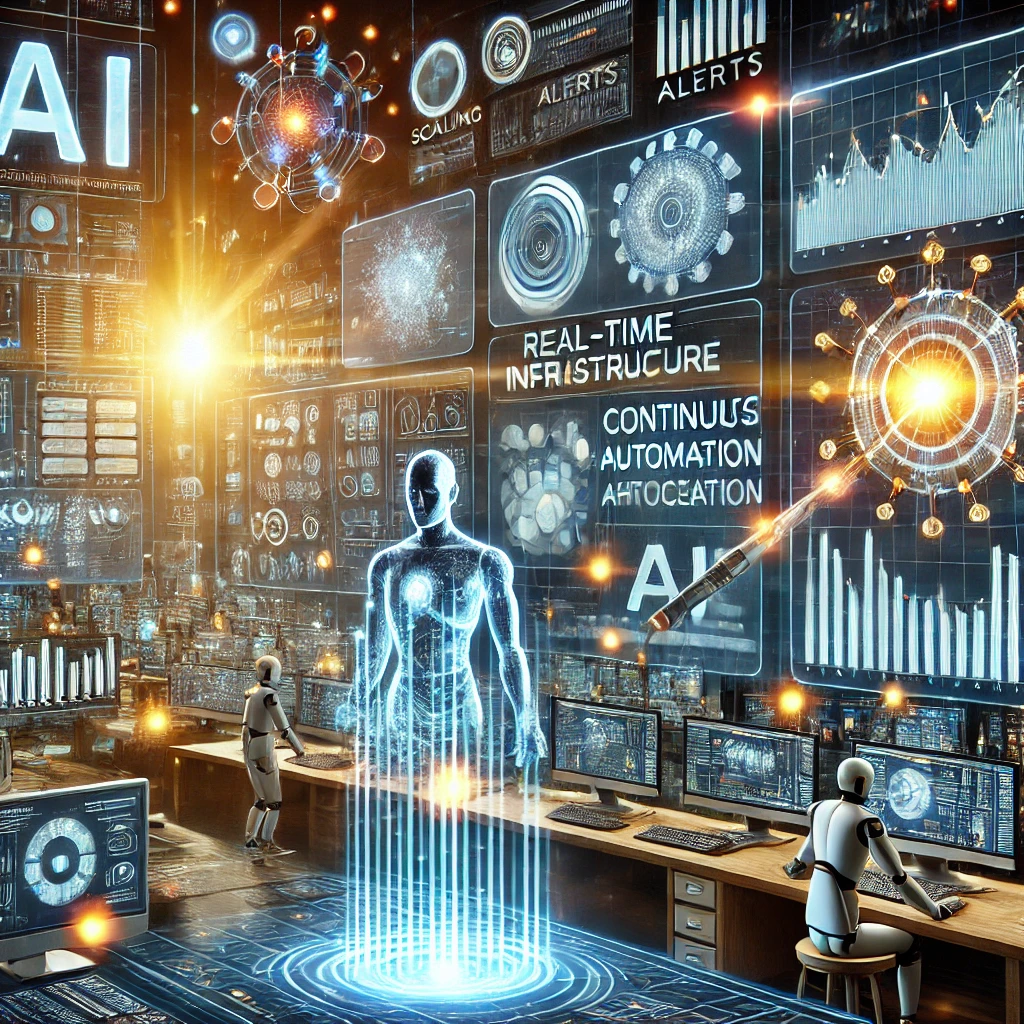AI and DevOps: Enhancing CI-CD with Machine Learning
 Maya Thornton in artificial-intelligence118 days ago
Maya Thornton in artificial-intelligence118 days ago
The realm of software development is undergoing a transformative evolution, fueled by the potent combination of artificial intelligence (AI) and DevOps. This dynamic duo, when seamlessly integrated, empowers organizations to enhance their Continuous Integration and Continuous Delivery (CI/CD) pipelines, unlocking unprecedented levels of efficiency, quality, and speed.
Let's delve into the captivating synergy between AI and DevOps, exploring how machine learning (ML) can supercharge your CI/CD processes:
1. Automated Code Review and Quality Assurance:
Traditionally, code reviews were a manual and time-consuming endeavor. AI-powered tools can now automate this process, leveraging ML algorithms to analyze code for potential bugs, security vulnerabilities, and style violations. Imagine a scenario where your code is scrutinized for best practices, adherence to coding standards, and potential errors, all in real-time. AI-driven code review tools, armed with vast datasets of code and bug patterns, can identify issues that might escape human eyes, leading to cleaner, more robust code.
2. Predictive Maintenance and Failure Prevention:
In the DevOps world, downtime is a dreaded enemy. AI can significantly mitigate the risk of outages by analyzing system logs, performance metrics, and historical data to identify potential problems before they manifest. ML algorithms can pinpoint anomalies, predict failures, and even suggest proactive remediation steps. This proactive approach transforms your CI/CD pipeline into a more resilient and predictable ecosystem.
3. Intelligent Test Automation and Optimization:
Testing is a crucial component of any CI/CD pipeline. AI-powered test automation tools can leverage ML to intelligently generate and execute test cases, optimize test suites, and even identify the most effective test scenarios. Imagine a scenario where your tests are automatically tailored to the specific changes you introduce, ensuring comprehensive coverage without the need for tedious manual planning.
4. Enhanced Release Planning and Deployment:
AI can empower your release management by analyzing historical data and identifying patterns to predict release dates, estimate effort, and even optimize deployment strategies. By leveraging ML algorithms to analyze factors like code complexity, dependencies, and team availability, you can gain valuable insights into release planning and resource allocation.
5. Automated Infrastructure Provisioning and Scaling:
AI-powered infrastructure management tools can automate the provisioning and scaling of resources based on real-time demand and usage patterns. Imagine a scenario where your infrastructure seamlessly adapts to changes in workload, ensuring optimal performance and cost-efficiency. ML algorithms can analyze metrics like CPU utilization, memory consumption, and network traffic to dynamically adjust resources, freeing you from the burden of manual intervention.
Conclusion:
The integration of AI and DevOps is a game-changer for organizations striving to achieve agility, efficiency, and continuous improvement in their software development lifecycle. By harnessing the power of machine learning, you can automate tasks, optimize processes, and elevate your CI/CD pipeline to new heights of performance and reliability. Embrace the future of software development, where AI empowers DevOps to deliver software faster, better, and with greater confidence.



